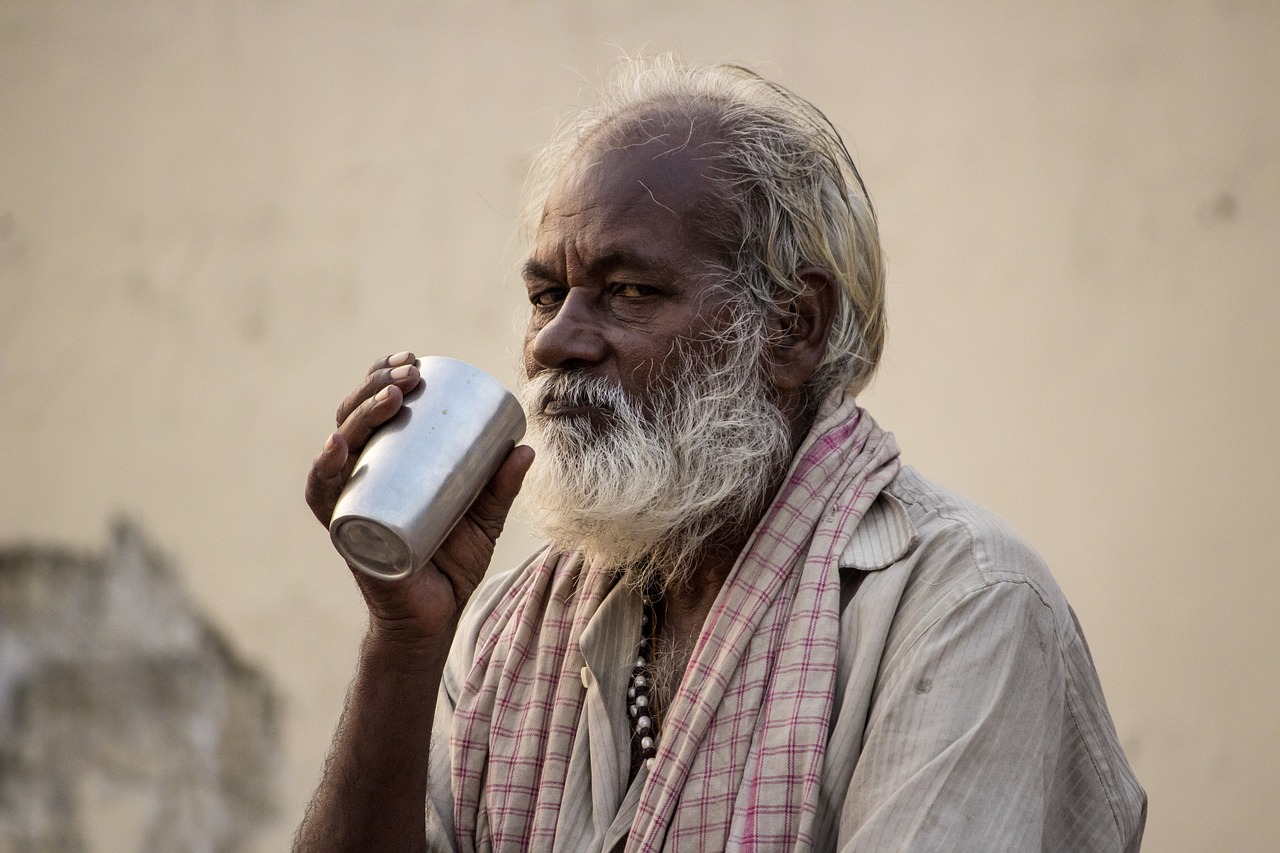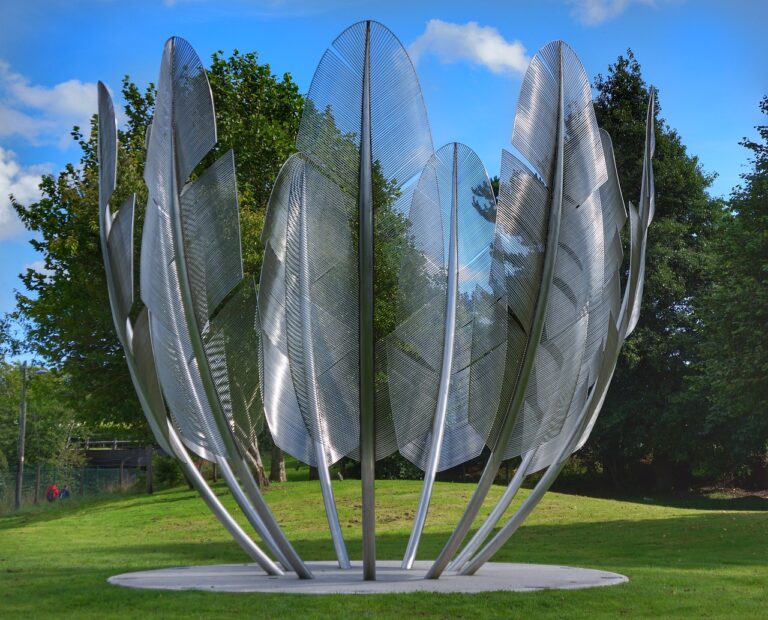The Impact of Social Media on Modern Election Campaigns
Social media has significantly transformed the landscape of modern election campaigns, revolutionizing the way politicians connect with voters, fundraise, and ultimately, win elections. With the rise of platforms like Facebook, Twitter, Instagram, and YouTube, political candidates now have unprecedented opportunities to reach a wide audience, engage with voters on a personal level, and shape public opinion. In this article, we will explore the various ways in which social media has impacted modern election campaigns and discuss the implications for the future of democracy.
The Rise of Social Media in Politics
Over the past decade, social media has become an integral part of political campaigns, with politicians at all levels of government leveraging these platforms to communicate their messages, mobilize supporters, and target specific demographics. In the United States, for example, President Barack Obama’s successful 2008 and 2012 campaigns were widely praised for their innovative use of social media, which helped him build a vast online community of supporters and donors.
Similarly, in the 2016 U.S. presidential election, Donald Trump’s unorthodox use of Twitter played a significant role in shaping the narrative of the campaign and engaging with his base of supporters. The 2020 election saw both major party candidates, Joe Biden and Donald Trump, heavily utilizing social media to rally their respective bases and appeal to undecided voters.
Direct Voter Engagement
One of the key advantages of social media in election campaigns is its ability to facilitate direct engagement between candidates and voters. Platforms like Facebook and Twitter allow politicians to bypass traditional media outlets and communicate their messages directly to the electorate. Candidates can share their policy positions, respond to criticisms, and engage in real-time conversations with voters, creating a sense of authenticity and accessibility that was previously unheard of in politics.
Moreover, social media enables candidates to target specific demographics with tailored messages, making it easier to reach young voters, minority groups, and other traditionally hard-to-reach populations. By using data analytics and machine learning algorithms, political campaigns can identify and engage with voters who are most likely to support their candidate, thus maximizing their impact and outreach.
Fundraising and Grassroots Mobilization
Another significant impact of social media on modern election campaigns is its role in fundraising and grassroots mobilization. Platforms like Facebook and Twitter have become powerful tools for candidates to solicit donations, organize fundraisers, and rally their supporters to volunteer for their campaigns. In the 2020 U.S. presidential election, both major party candidates raised record-breaking amounts of money through online donations, with small-dollar contributions playing a crucial role in financing their campaigns.
Furthermore, social media allows candidates to mobilize grassroots supporters and organize events, rallies, and door-to-door canvassing efforts. By creating online communities of supporters, candidates can harness the power of collective action and turn their online engagement into real-world political activism. This grassroots mobilization is essential for building momentum, generating buzz, and winning elections.
Disinformation and Polarization
While social media has revolutionized modern election campaigns in many ways, it has also introduced new challenges and risks. The spread of disinformation, fake news, and conspiracy theories on platforms like Facebook and Twitter has become a major concern for election integrity, as false information can easily go viral and influence public opinion. In recent years, social media companies have faced criticism for failing to adequately combat the spread of fake news and misinformation, raising questions about their role in protecting the democratic process.
Moreover, social media has been criticized for exacerbating political polarization and creating echo chambers where users are only exposed to information that reinforces their existing beliefs. This filter bubble effect can deepen divisions in society, foster extremism, and undermine the ability of voters to make informed decisions based on facts and evidence. As social media continues to play a prominent role in shaping political discourse, it is crucial for policymakers, tech companies, and civil society to address these challenges and ensure that social media remains a force for good in democracy.
The Future of Social Media in Politics
Looking ahead, social media is likely to play an even more significant role in future election campaigns, as new platforms emerge, algorithms evolve, and user behaviors change. With the rise of influencers, meme culture, and viral marketing, politicians will need to adapt to these new trends and find innovative ways to engage with voters and stand out in a crowded digital landscape. Data privacy, content moderation, and algorithmic transparency will also be key issues for social media platforms and regulators to address, as concerns about misinformation, bias, and foreign interference continue to grow.
Ultimately, the impact of social media on modern election campaigns is profound and far-reaching, reshaping the way politicians communicate, mobilize supporters, and win elections. While social media offers unprecedented opportunities for candidates to connect with voters and harness the power of digital technology, it also poses significant challenges in terms of disinformation, polarization, and privacy. As we navigate this new era of digital politics, it is essential for all stakeholders to work together to ensure that social media remains a positive force for democracy and civic engagement.
FAQs
Q: How has social media changed the way politicians communicate with voters?
A: Social media has enabled politicians to communicate directly with voters, bypassing traditional media outlets and engaging in real-time conversations with their constituents. This direct engagement has made politicians more accessible and authentic in the eyes of voters.
Q: What role does social media play in fundraising for political campaigns?
A: Social media has become a critical tool for fundraising, allowing candidates to solicit donations, organize fundraisers, and rally their supporters to contribute to their campaigns. Platforms like Facebook and Twitter have made it easier for candidates to reach a vast audience of potential donors and supporters.
Q: How does social media contribute to political polarization?
A: Social media can contribute to political polarization by creating echo chambers where users only see information that aligns with their existing beliefs. This filter bubble effect can deepen divisions in society and undermine the ability of voters to make informed decisions based on facts and evidence.







